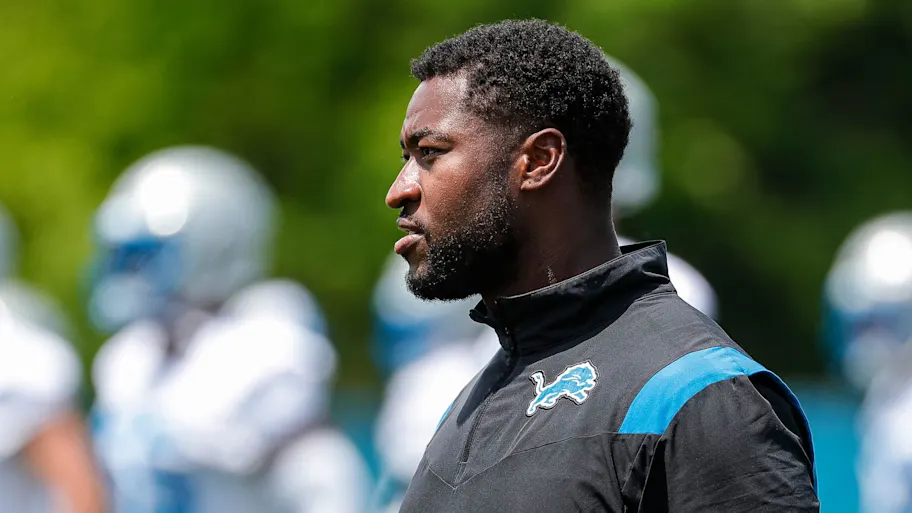The Detroit Lions have seen several assistant coaches depart this week as both Aaron Glenn and Ben Johnson begin to shape their initial coaching staffs.
With the announcement that Kelvin Sheppard will stay in Detroit as the new defensive coordinator, former Lions player and assistant linebackers coach Shaun Dion Hamilton has reportedly been promoted to linebackers coach.
Hamilton, who was claimed off waivers by the Lions in 2021 after starting his career with the Washington Commanders, was placed on injured reserve before the season began. After being released prior to the 2022 season, he joined the Lions as a defensive assistant. Over the past two seasons, he has grown and developed as the team’s assistant linebackers coach.
Glenn had strongly recommended Hamilton—who won two College Football Playoff National Championships at Alabama—pursue a coaching career.

